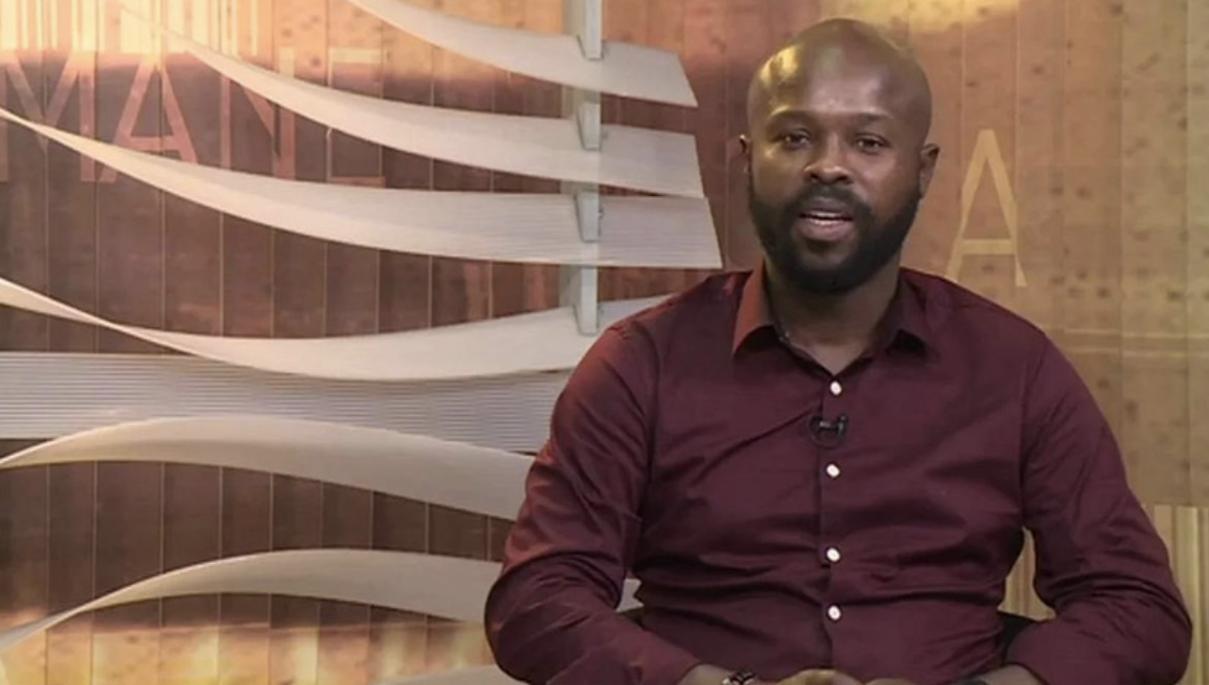Africa-Press – Mozambique. The anti-corruption NGO, the Centre for Public Integrity (CIP), has called on the Mozambican electoral bodies to act with political impartiality.
According to CIP director, Edson Cortez, who was speaking in Maputo on Monday, at a meeting aimed at discussing the preparations for the presidential, parliamentary and provincial elections scheduled for 9 October, only a miracle would restore the credibility of these institutions, namely the National Elections Commission (CNE) and its executive body, the Electoral Administration Technical Secretariat (STAE).
“We still have the same president of the CNE, the same director of STAE, observing the voter registration”, Cortez said. “We still see STAE calling the shots more than the CNE, doing and undoing, and preventing our observers from observing”, Cortez said.
He stressed that the electoral bodies should be depoliticised. In order to make the institutions more credible, Cortez explained, it is necessary to be transparent “but the actors aren’t interested in that, and actors who aren’t interested in transparency have something to hide.”
“It’s important that the CNE actually has power in the process. The president of the CNE has absolutely no power. The directors of STAE at provincial level are in charge, in collusion with the first provincial secretaries of the ruling Frelimo party and the members of the Frelimo central brigades sent to the provinces”, he said.
The political parties represented in parliament wrote legislation under which they dominate the electoral apparatus. At every level (national, provincial and district or city) there is an elections commission to which the three parliamentary parties (Frelimo, Renamo and the Mozambique Democratic Movement, MDM) appoint members. There are also members who supposedly come from civil society but who, in reality, are filtered through the parties.
Alongside the electoral commissions are the national, provincial and district branches of STAE. These too are appointed on a political party basis.
This means that the electoral bodies are top heavy, and full of political appointees. Over the years, Renamo has peremptorily rejected suggestions that the electoral bodies should be smaller, more professional and less political.
Amendments to the electoral legislation used to be discussed in the parliamentary commission that deals with local government. On two occasions (in 2008 and 2012) Frelimo members of the commission suggested removing the political parties altogether from the electoral bodies.
How the non-political members of the election commissions would be chosen was never discussed, because Renamo threw up its hands in horror, and refused even to consider depoliticizing the election bodies. In the parliamentary debates, Renamo deputies could be heard declaring “elections belong to the political parties”.
The movement was in the opposite direction, towards ever larger and more political bodies. The key amendments to the legislation were passed in February 2013, when Frelimo stopped opposing the Renamo demands for what it called “parity” on the commissions and the branches of STAE. No doubt Frelimo had calculated that, as the largest and best organized of the political parties, it would not be harmed by the Renamo proposals.
The most extraordinary change approved in 2013 was an increase in the size of polling station staff. In addition to the four members recruited by STAE, each station would have one staff member appointed by each of the political parties.
This dramatically increased costs – and was also a serious burden for the three parties who had to find volunteers to staff thousands of polling stations.
This had not even been discussed inside the parliamentary commission. It was an idea thrown up in the plenary debates by the MDM, and eagerly supported by Renamo. Frelimo went along with it.
That was a decade ago, and the structure decided then is still in place. Changing it will depend on amending the legislation and, the chances of passing such amendments before the general elections scheduled for 9 October are slim indeed.
For More News And Analysis About Mozambique Follow Africa-Press






